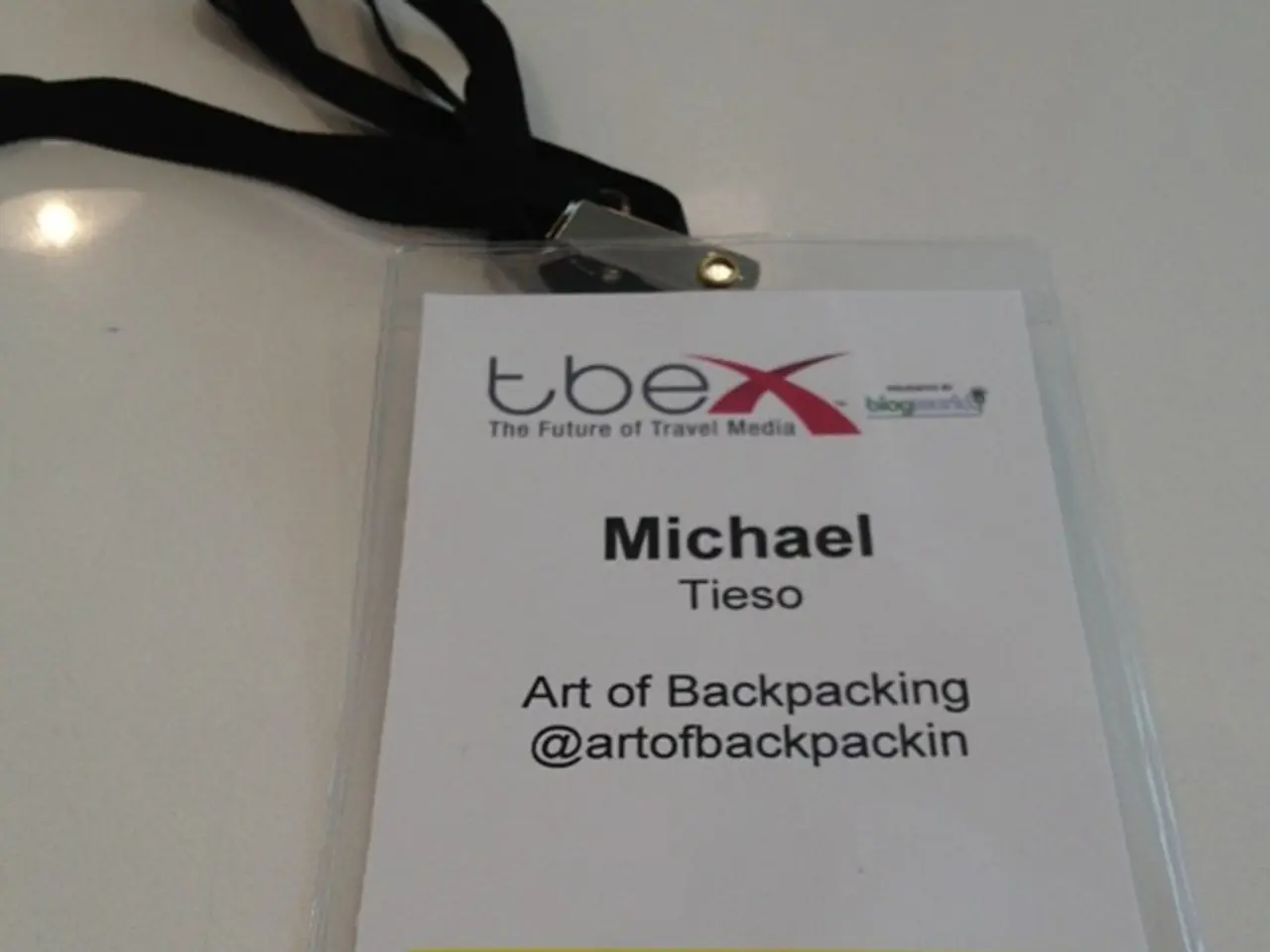Digitally Tracked Trails Bypass Traditional Job Resumes Among Emerging Workforce
In the modern job market, social media screenings have become a common practice, with over 5.24 billion people worldwide using these platforms. This trend is unlikely to abate anytime soon, as social media offers a wealth of information about a candidate's professional traits, such as thought leadership, communication skills, and consistency of values.
On one hand, social media screenings can provide employers with better insight into a candidate's behavior and personality, helping them assess cultural fit and potential risks. They can also aid in the detection of misconduct, such as patterns of aggressive or harassing behavior, which may not be apparent through traditional hiring methods. Furthermore, social media screening can help companies avoid legal or reputational issues by identifying problematic posts early on, and can enhance hiring outcomes by providing a more complete picture of a candidate, thereby reducing the likelihood of mis-hires.
However, social media screenings also raise ethical and privacy concerns. They involve reviewing personal information that candidates may not intend for professional scrutiny, potentially leading to unintentional bias towards certain candidates based on their online presence. Additionally, social media posts may lack context, leading to potential misinterpretation of a candidate's intentions or actions. Not all candidates have equal digital literacy or online presence, which could unfairly disadvantage those with less social media exposure.
To address these challenges, employers should use social media screening as part of a comprehensive assessment, ensuring transparency about what is being evaluated and why. They should maintain a balance between online and offline evaluations to avoid bias towards digital literacy. Candidates should be informed before their digital behaviors are evaluated and given an opportunity to explain or contextualize past posts.
Employers must also be mindful of the potential harm that social media can cause, particularly to the mental health of teenagers. A significant portion of social media users belong to the millennial and Gen-Z demographics, and the practice of judging social media posts made years ago without context or nuance disproportionately affects Gen Z. The reward-based design of social media encourages impulse and boundary-pushing behaviors, making interpreting digital footprints a complex issue.
In conclusion, while social media screenings offer benefits such as better insight into candidate behavior, misconduct detection, risk mitigation, and enhanced hiring outcomes, they also pose challenges such as privacy concerns, bias and discrimination, limited context, and digital literacy and fairness issues. Employers should strive for a balanced approach to ensure fair and transparent evaluations, considering both online and offline behaviors to make informed hiring decisions.
- In the realm of education, understanding the impact of social media on a candidate's professional development can also be significant, as it may reveal their ability to adapt to technological changes in their career, demonstrating robust learning skills.
- A candidate's opinion on a variety of topics, voiced through social media, can indicate their cultural awareness and ability to navigate diverse work environments, which is crucial in a globalized business landscape.
- Moreover, a prospect's financial management skills might be inferred from their social media usage, as frequent posts related to luxury goods or excessive spending could hint at a lack of financial responsibility, which is essential for any career.
- Conversely, a candidate's environmental consciousness and commitment to sustainability can be gauged through their social media activities, reflecting their potential to contribute to a company's corporate social responsibility initiatives.
- The entertainment industry, too, often scrutinizes social media to gauge a candidate's popularity and fan base, as this can impact their marketing potential and career success in show business.
- Lastly, a comprehensive candidate evaluation should also consider a potential employee's involvement in their community through social media, as this involvement may demonstrate their commitment to social responsibility and their potential to positively influence the company's brand image and corporate culture.




